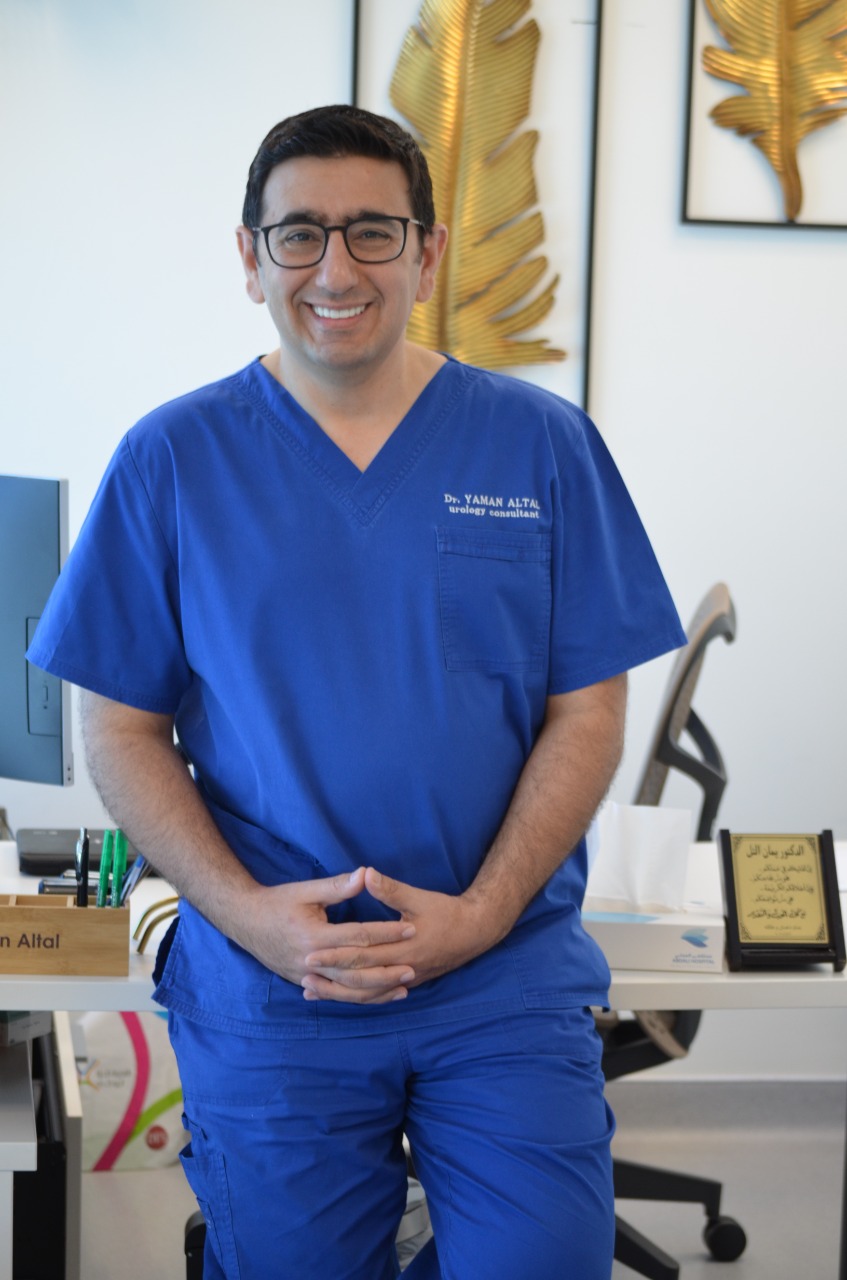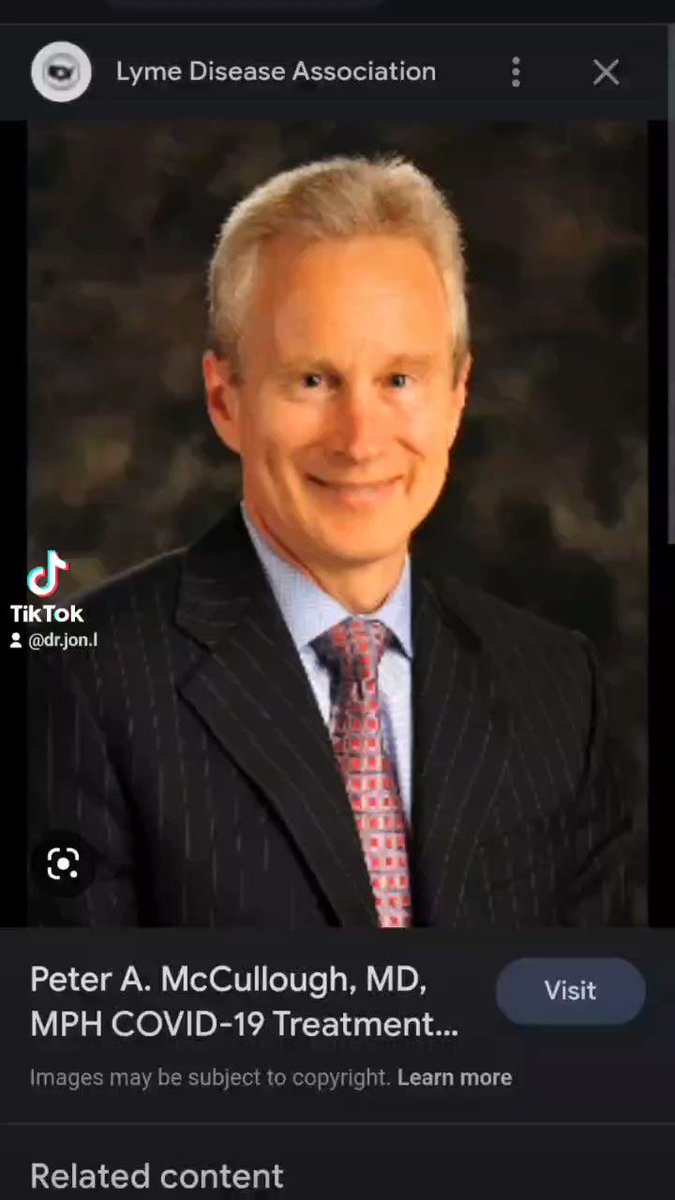Can a single individual truly transform the world through their extraordinary abilities? The answer lies in the stories of remarkable individuals whose lives have transcended ordinary boundaries. Among them, Dr. Prem Sharma, a high-flying Delhi graduate, exemplifies how dedication and perseverance can redefine personal and professional landscapes. Set against the backdrop of 1960s India, his journey from Delhi to an unfamiliar land with his wife Kamini showcases resilience and adaptability.
In another narrative, Shaun Murphy, a young surgeon portrayed in The Good Doctor, challenges societal norms by proving that autism and savant syndrome are not barriers but gifts. His unique perspective reshapes medical practices while confronting skepticism from peers and patients alike. This groundbreaking series highlights how unconventional minds can revolutionize established systems when given the opportunity to shine.
| Bio Data | |
|---|---|
| Name | Dr. Prem Sharma |
| Date of Birth | January 15, 1940 |
| Place of Birth | New Delhi, India |
| Education | M.B.B.S., Delhi University |
| Spouse | Kamini Sharma |
| Profession | Medical Practitioner |
| Achievements | Pioneering work in rural healthcare |
| Reference | PBS Official Website |
Meanwhile, Stephen Strange, a neurosurgeon turned sorcerer supreme, illustrates the transformative power of humility and sacrifice. Initially introduced in Marvel's cinematic universe as a self-centered physician, his journey into mysticism following a career-ending accident redefines heroism. In Doctor Strange (2016), audiences witness his evolution from a skeptic to a guardian of Earth's mystical realms. Released on October 25, 2016 internationally and November 4, 2016 in the United States, this film marked the fourteenth installment in the Marvel Cinematic Universe. Its sequel, Doctor Strange in the Multiverse of Madness, expands the narrative by exploring alternate realities, further cementing Strange's role as a pivotal figure in the MCU.
Yet, the concept of a doctor extends beyond human capabilities. In British culture, Doctor Who has captivated audiences for decades with its time-traveling alien protagonist. This iconic series transcends traditional storytelling by incorporating science fiction elements, philosophical inquiries, and social commentary. From feature films to books, audio adventures to comics, Doctor Who remains a cultural phenomenon that continues to evolve while maintaining its core identity.
In contrast, Jane Goodall's contributions to primatology demonstrate how scientific exploration can alter our understanding of nature. Her groundbreaking research on chimpanzees, documented in National Geographic's Jane, reveals unprecedented insights into primate behavior. Directed by Brett Morgen, this documentary draws from over 100 hours of previously unseen footage, offering an intimate portrayal of Goodall's pioneering work. Such endeavors underscore the importance of patient observation and meticulous documentation in advancing scientific knowledge.
On a different note, regional cinema also celebrates medical professionals through compelling narratives. For instance, the Tamil film Doctor (2021) directed by Nelson Dilipkumar presents a thrilling storyline involving kidnapping and redemption. Featuring Sivakarthikeyan in the lead role, this 2-hour 28-minute feature explores themes of justice and morality within the healthcare system. While catering to local audiences, such productions contribute to global discussions about ethics and responsibility in medicine.
Each of these narratives demonstrates how diverse interpretations of 'doctor' enrich our collective imagination. Whether it involves healing bodies, minds, or ecosystems, these characters embody qualities essential for leadership and innovation. Their stories inspire us to embrace challenges, question conventions, and strive for excellence in whatever field we choose to pursue.
Moreover, these portrayals reflect broader societal values regarding expertise, authority, and compassion. As media continues to shape public perceptions, accurate representation becomes crucial for fostering respect and trust between practitioners and communities they serve. By highlighting both fictional and real-life examples, we gain valuable insights into what makes effective leaders across disciplines.
In conclusion, whether through comedy dramas set in mid-20th century India, contemporary medical dramas addressing neurodiversity, superhero blockbusters tackling metaphysical threats, long-running sci-fi franchises questioning identity, documentaries celebrating scientific achievements, or regional films addressing social issues, the archetype of 'doctor' persists as a powerful symbol of hope and progress. These multifaceted representations remind us that true transformation often begins with recognizing potential where others see limitations – a lesson applicable far beyond the confines of any single story.


.jpg)

